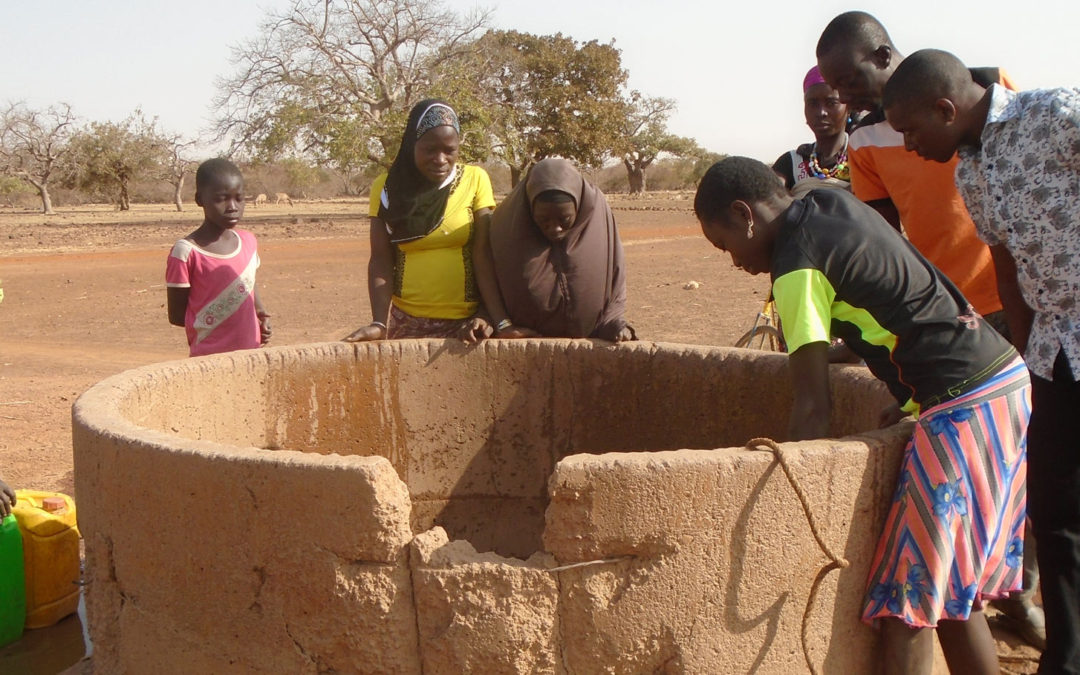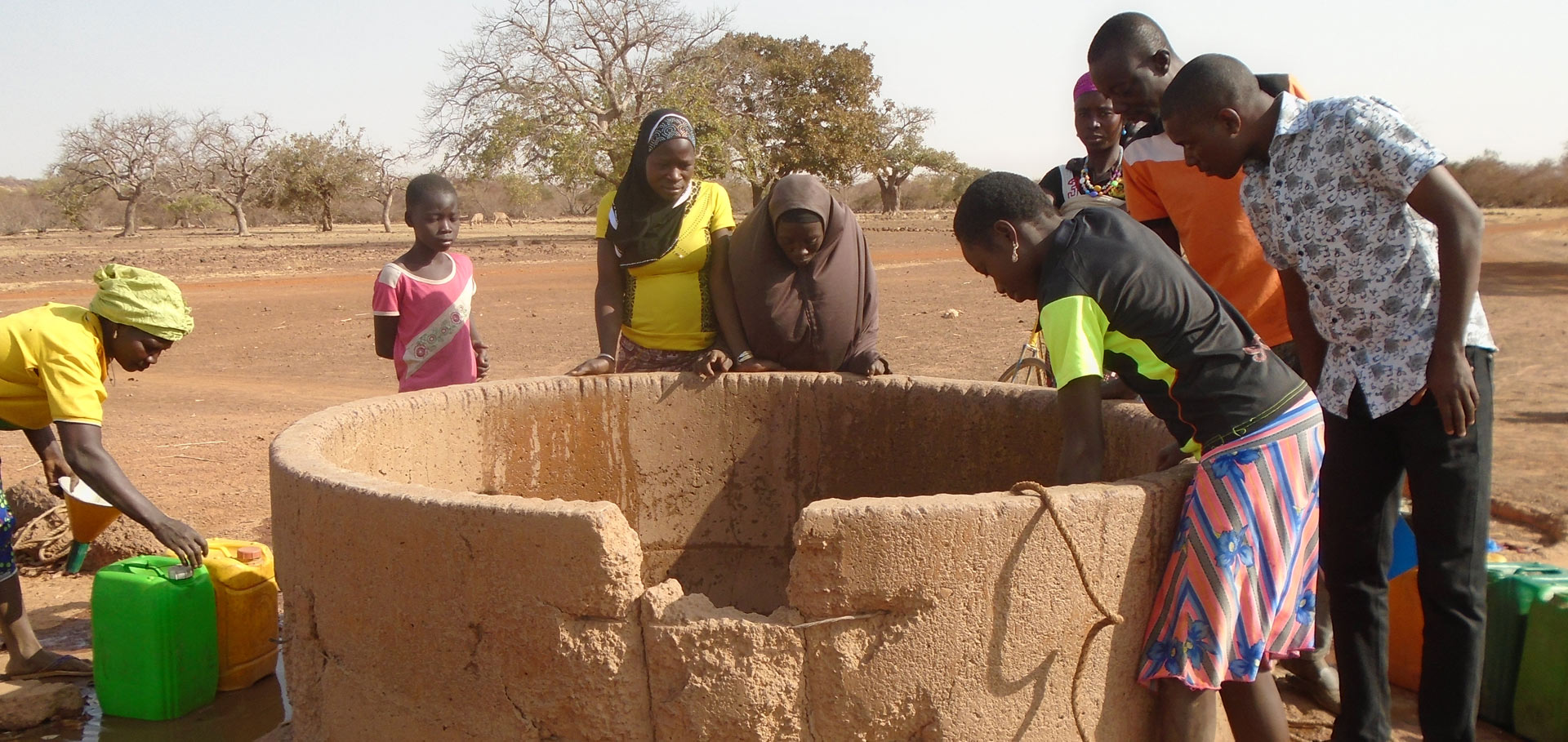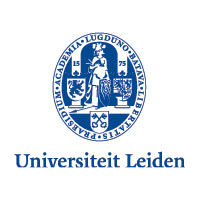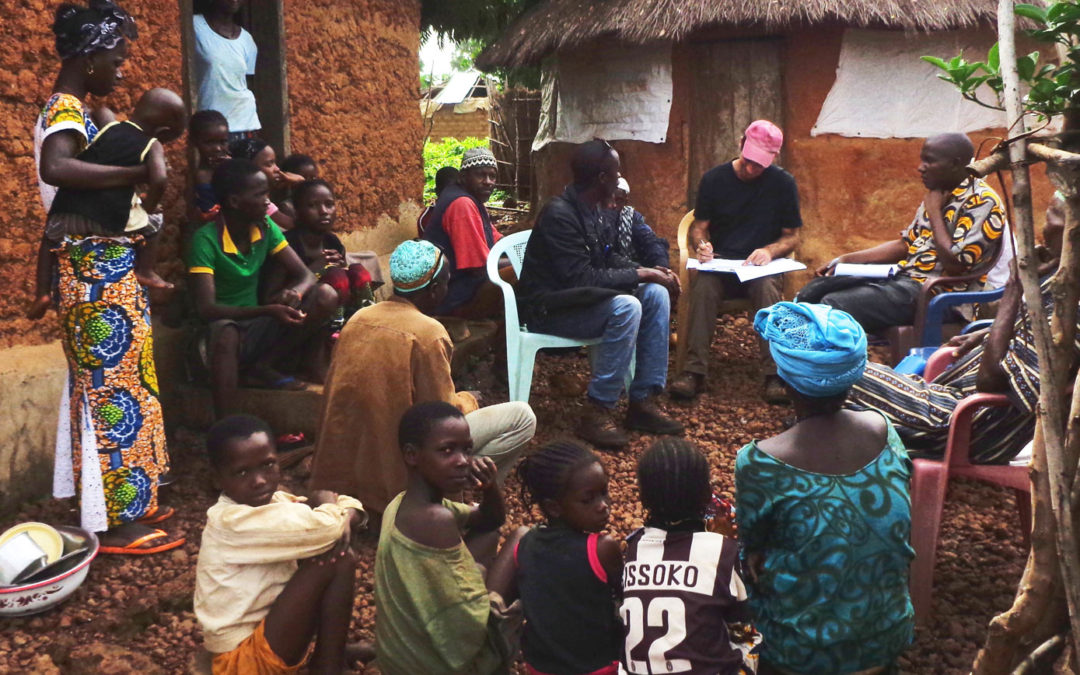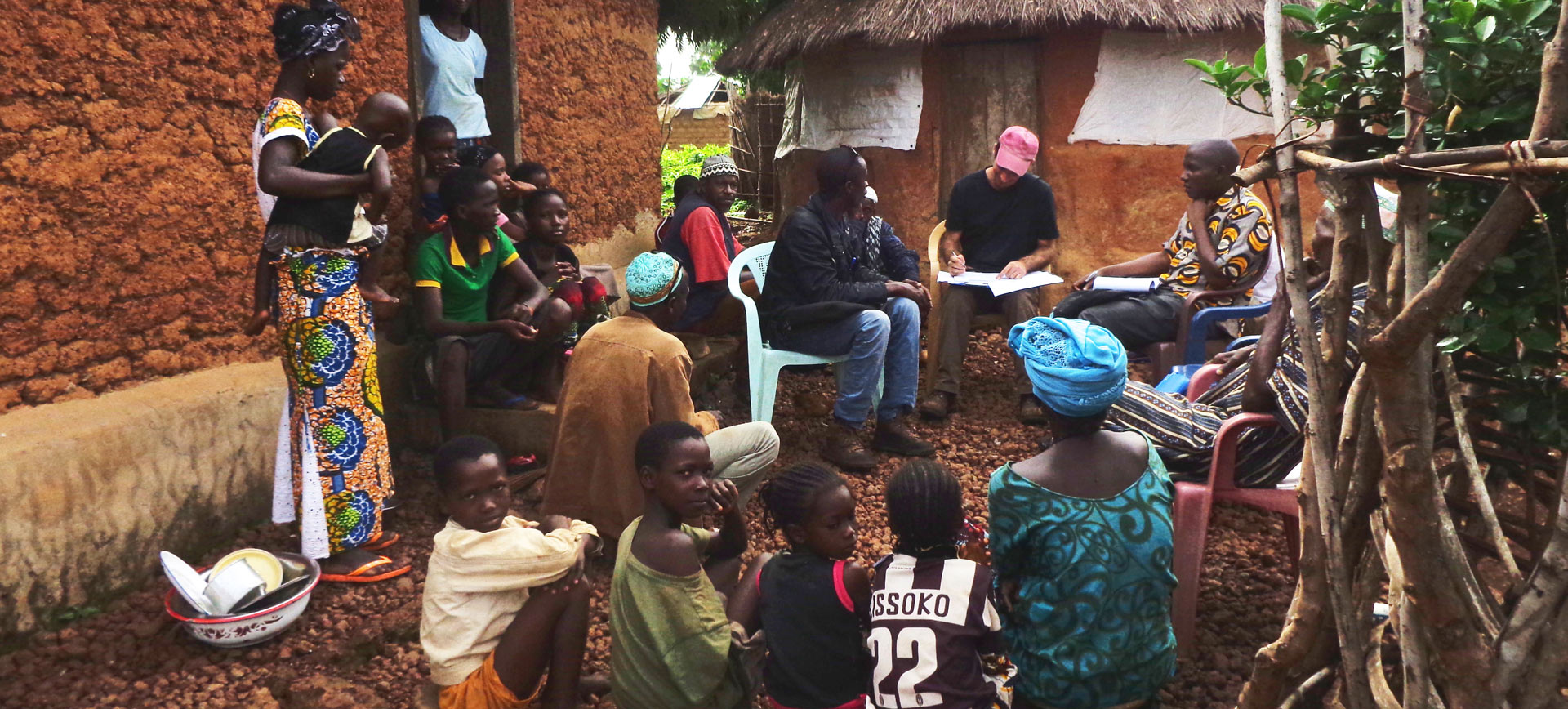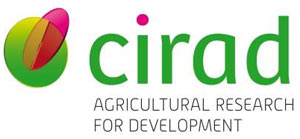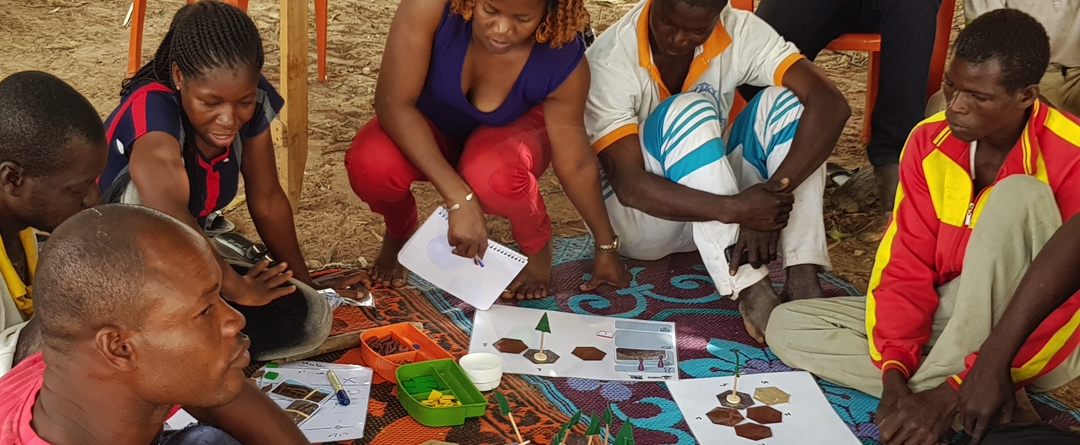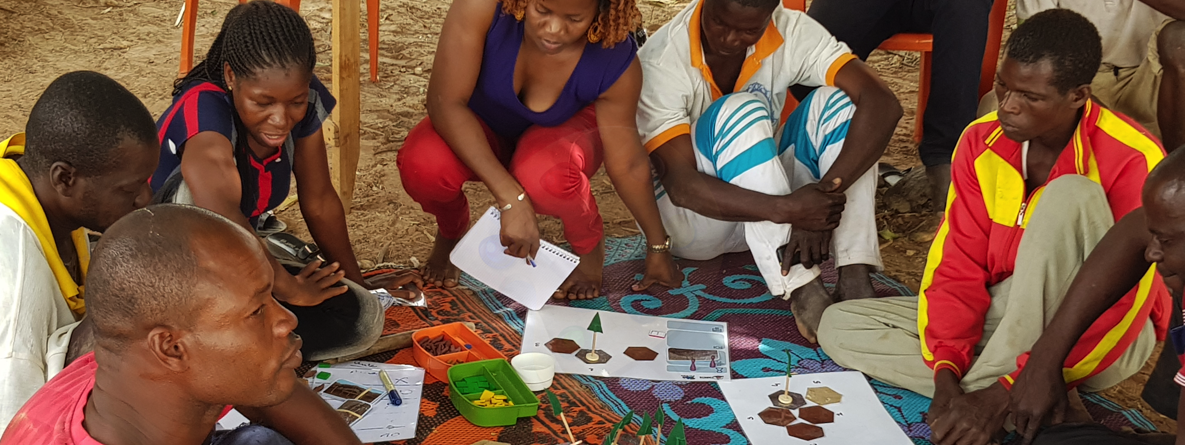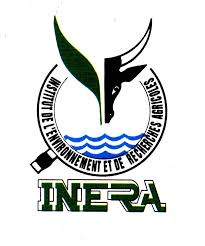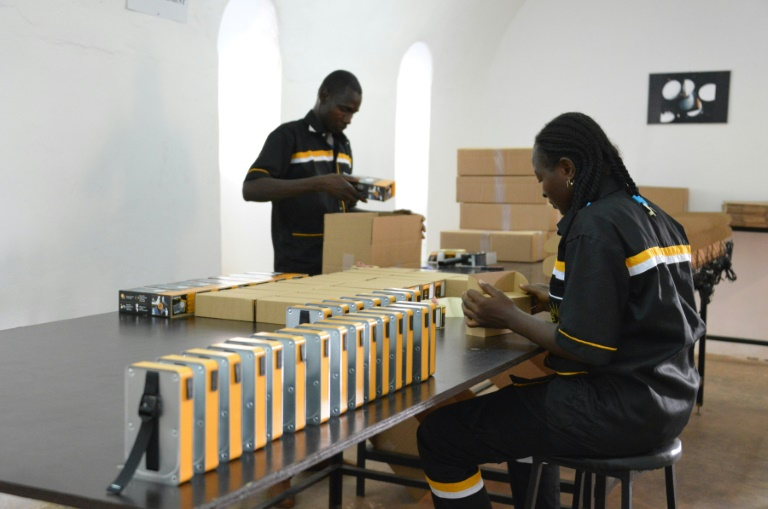
Transforming Energy Access – Burkina Faso, Benin

« Transforming Energy Access – Powering Opportunities Partnership – Strengthening and developing the local added-value of LAGAZEL manufacturing facilities
Partners
The project « Transforming Energy Access – Powering Opportunities Partnership – Strengthening and developing the local added-value of LAGAZEL manufacturing facilities » is led by the enterprise Lagazel. The program Transforming Energy Access is funded by the UK Department for International Development (UKaid) and is managed by Carbon Trust with support from Energy 4 Impact. IFSRA is in charge of the Research and Development part.
Context
In many sub-Saharean Africa countries, the off-grid energy sector is dominated by Chinese products imported and commercialized by European or US companies, which hardly creates local added value. Carbon Trust funds the Transforming Energy Access program, whose component POP VA&EC aims at increasing access to energy services through a dynamised sector orientated toward positive impacts on the local economy and the creation of local jobs.
Lagazel is an enterprise created in 2015, which objective is to give access to solar products that are of good quality and cheap to the 650 millions of Africans who are in need of it. It is the first one to have industrialised the production of certified solar lamps and home solar systems in West Africa. It was selected within the framework of this program to implement the project « Transforming Energy Access – Powering Opportunities Partnership – Strengthening and developing the local added-value of LAGAZEL manufacturing facilities ». This project aims at reinforcing and developing the local added value of LAGAZEL plants to offer quality products to the solar off-grid industry and to create local sustainable jobs.
IFSRA is in charge of the Research and Development aspects, and will evaluate the viability of the local production, impact on employability, and the direct and indirect social and economic repercussions on the local population and the local communities.
Objectives of the study and expected results
The objective of IFSRA mission is to evaluate the viability of the local production, its impact on employability, and the the direct and indirect social and economic repercussions on the local population and the local communities.
The specific objectives include :
- Revise the approach and the action-research plan (presented below), in link with LAGAZEL and Energy4Impact, including formulating the research objectives, developing the monitoring and performance indicators, identifying the technical and socio-economic data to collect, as well as elaborating the collecting tools and mecanisms
- Collect quantitative and qualitative data
- Observe and document action
- Produce synthesis documents in accordance with the action-research plan
This study shall allow to deliver results that can be analysed, reported and communicated, in order to favor the replicability of this project in other contexts.
In the framework of this study, a student in Master 2 Crisis prevention and social peace management of the IAC Ouagadougou will write his Master thesis on Electrification and Conflict Management.
Research process
In order to reach the objectives, the methodology has been broken down into the following steps :
- Define a methodological framework in partnership with CarbonTrust and Energy4Impact
- Conduct fieldwork surveys in Burkina Faso and Benin
- Implement indicators allowing to follow-up the evolution toward the achievmeent of the objectives
- Produce a case study on the project concept, its activities, its results, the perspectives it gives and its relevance for the energy off-grid sector
Field work
The study takes place in Burkina Fase (Dédougou, Boucle du Mouhoun region) and Benin (Porto Novo, Ouémé region).
Partner institutions and project team
This study is led by the IFSRA, in collboration with LAGAZEL. Furthermore, the IFSRA team is reinforced by a student who will be in charge of collecting data and will actively participate in its analysis and the elaboration of the different reports.
